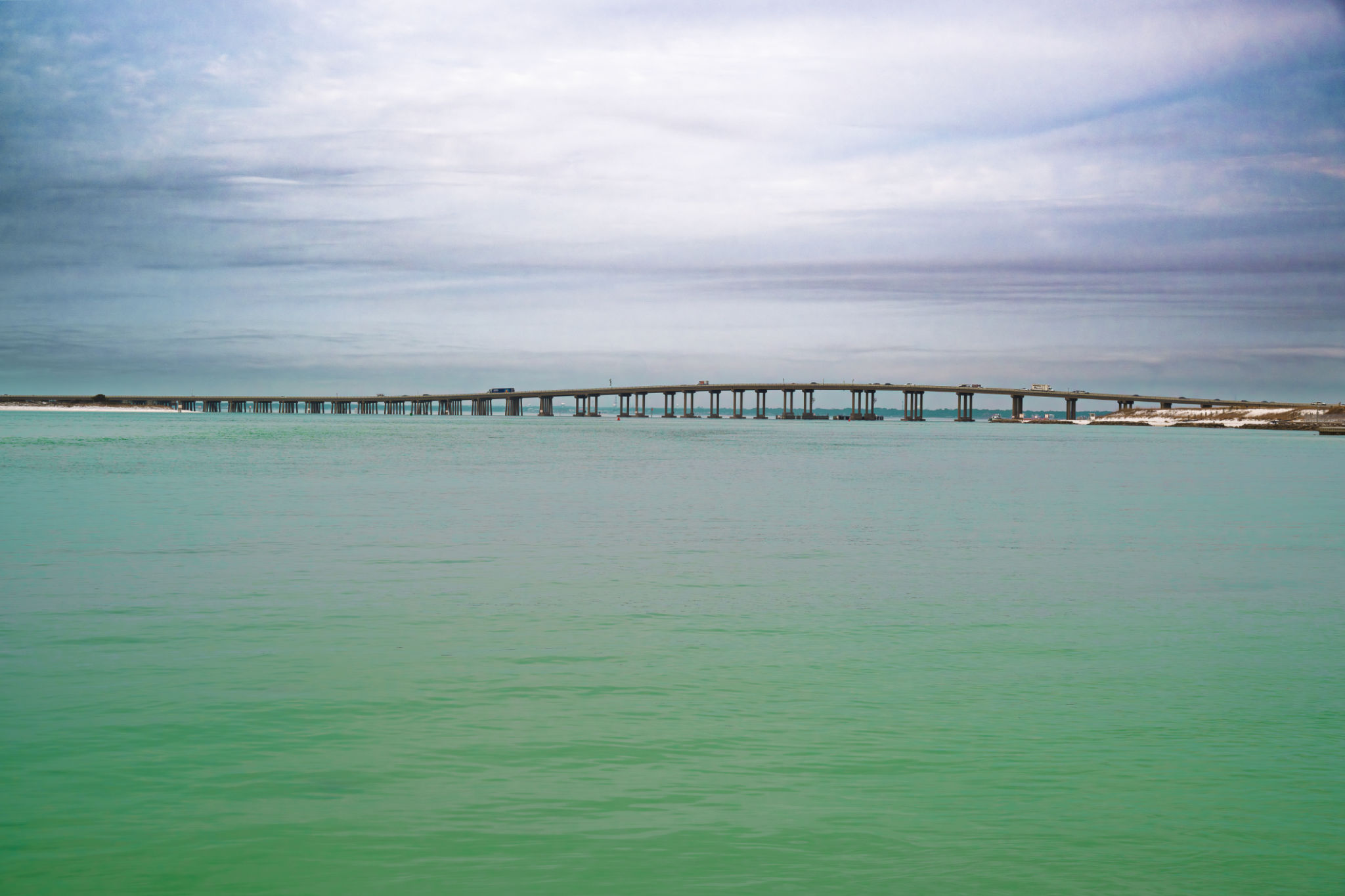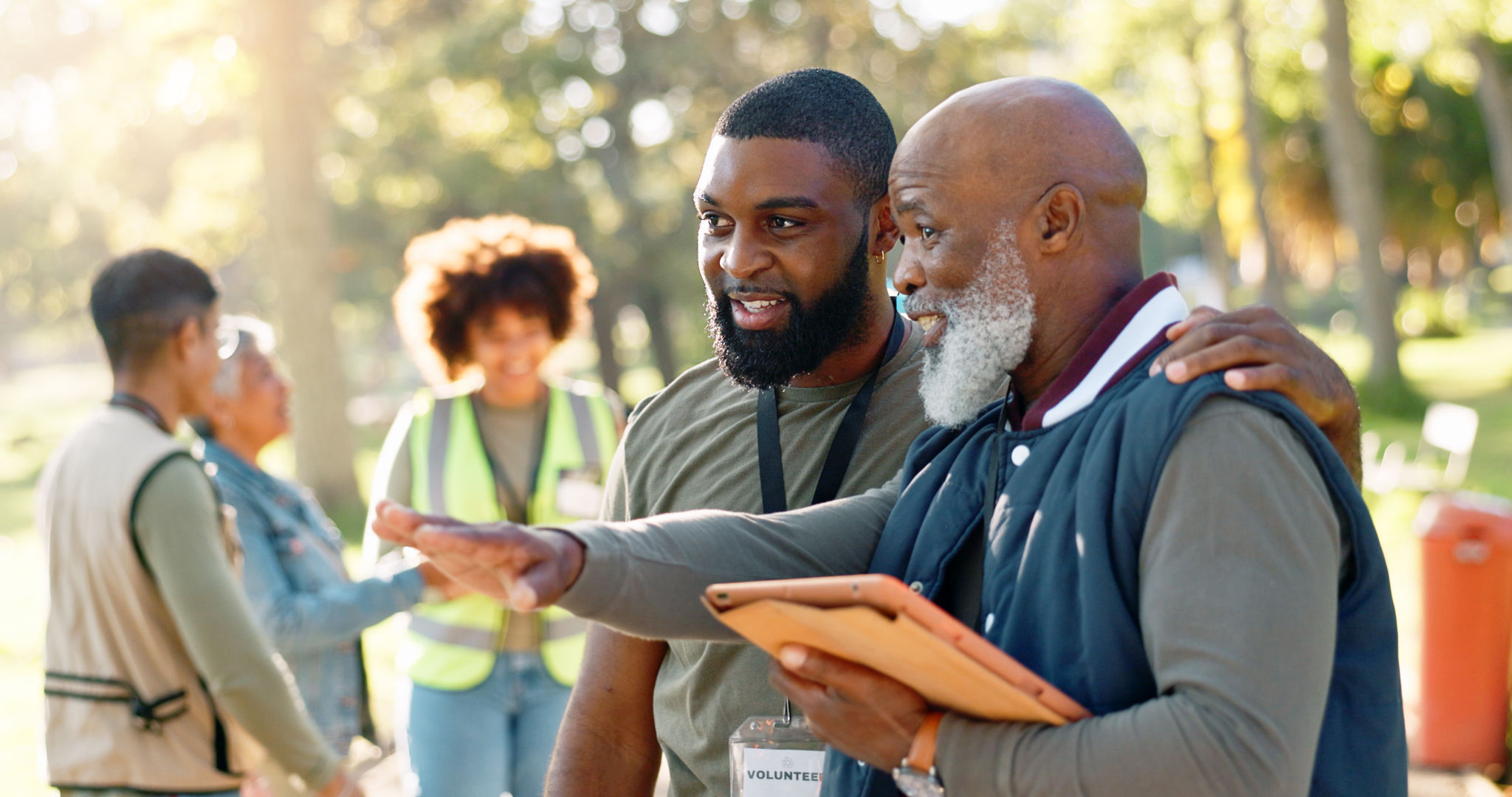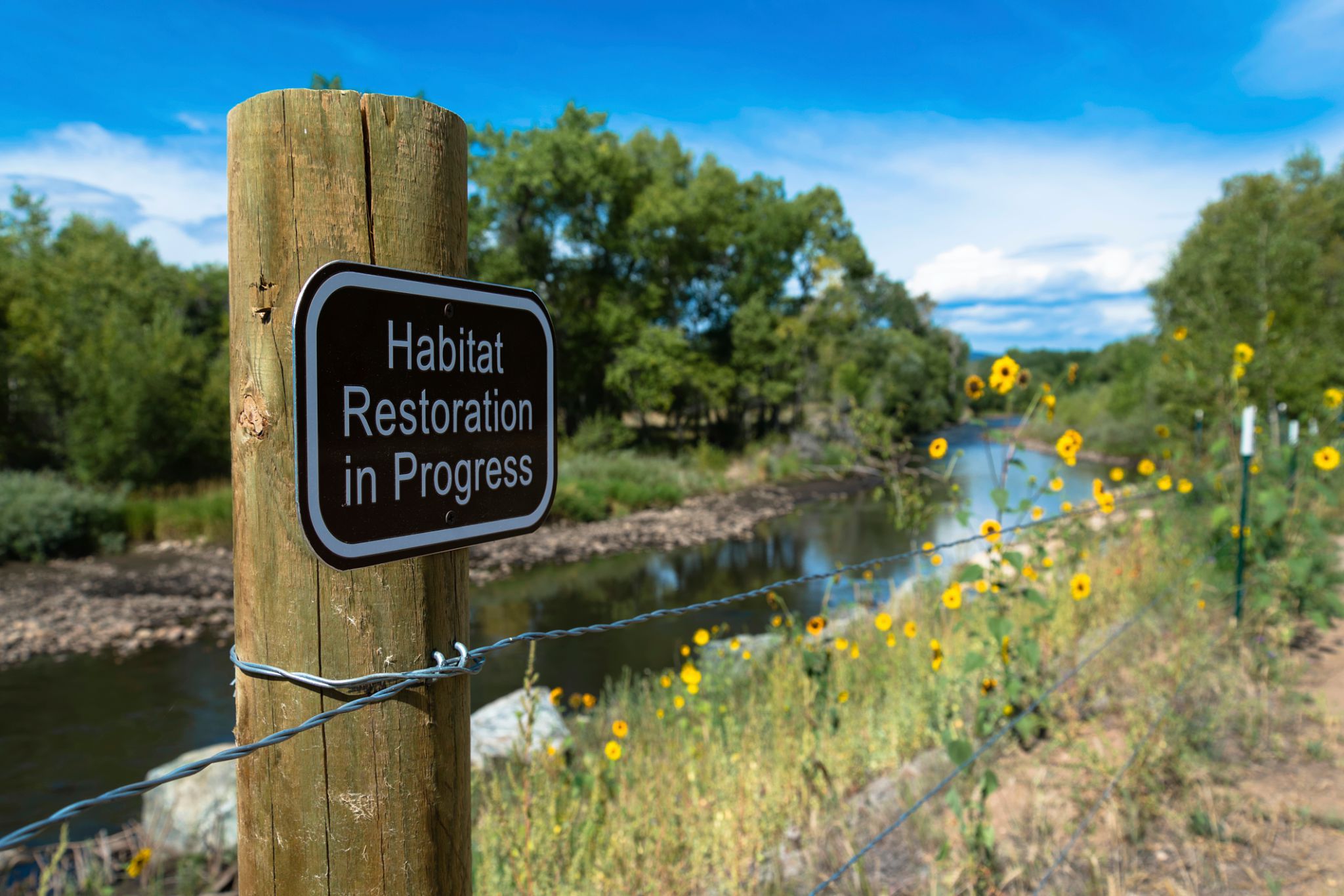Protecting Choctawhatchee Bay: Community Actions for Sustainable Impact
Understanding the Importance of Choctawhatchee Bay
Choctawhatchee Bay is a vital natural resource in Northwest Florida, providing a habitat for diverse wildlife and supporting local economies through tourism and fishing. Its health is crucial not only for the environment but also for the communities that rely on its resources. Despite its significance, the bay faces threats from pollution, habitat loss, and climate change. Protecting Choctawhatchee Bay is essential to preserving its ecological and economic value for future generations.

The Impact of Pollution
Pollution is one of the most pressing issues affecting the bay. Runoff from agricultural lands, urban areas, and industrial sites contributes to nutrient overload, leading to algal blooms and decreased water quality. These blooms can deplete oxygen levels, harming marine life, and affecting the bay's overall health. Local communities can play a significant role in addressing this issue by implementing sustainable practices and advocating for stricter regulations on pollution.
Community Actions to Combat Pollution
There are several ways communities can help reduce pollution in Choctawhatchee Bay. Here are some actionable steps:
- Reduce Fertilizer Use: Encourage homeowners and businesses to limit the use of fertilizers and pesticides that contribute to runoff.
- Promote Green Infrastructure: Advocate for the installation of rain gardens, permeable pavements, and green roofs to manage stormwater more effectively.
- Organize Clean-Up Events: Host regular clean-up initiatives to remove trash and debris from the bay and its surrounding areas.

Preserving Natural Habitats
The bay's natural habitats, including salt marshes and seagrass beds, are crucial for maintaining biodiversity. These areas serve as breeding grounds for fish and other marine organisms while also providing erosion control and water filtration. Efforts to protect these habitats can significantly enhance the bay's resilience against environmental threats.
Restoration Projects
Community-driven restoration projects can help rejuvenate damaged ecosystems. Planting native vegetation along shorelines, restoring oyster reefs, and reintroducing native species are effective strategies for habitat restoration. These initiatives not only improve ecological health but also offer educational opportunities for residents and visitors.

Engaging in Education and Advocacy
Education plays a pivotal role in protecting Choctawhatchee Bay. Raising awareness about the bay's challenges and the importance of sustainable practices can inspire community members to take action. Organizing workshops, seminars, and school programs can help spread knowledge and encourage widespread participation in conservation efforts.
Advocating for Policy Change
Community advocacy is crucial for influencing policy changes that support environmental protection. By engaging with local government officials, residents can push for stricter regulations on water quality, development projects, and conservation funding. Collaborative efforts between government agencies, non-profit organizations, and citizens can lead to impactful policy changes that benefit Choctawhatchee Bay.
The journey to protect Choctawhatchee Bay requires collective effort and commitment from everyone involved. By implementing sustainable practices, restoring natural habitats, and advocating for policy changes, communities can ensure the bay remains a thriving ecosystem for generations to come.
